
Katie Grace Carpenter
Katie Grace Carpenter is a science writer and curriculum developer, with degrees in biology and biogeochemistry. She also writes science fiction and creates science videos. Katie lives in the U.S. but also spends time in Sweden with her husband, who’s a chef.

All Stories by Katie Grace Carpenter
-
 Environment
EnvironmentScientists Say: Carbon capture
Carbon capture technology tackles climate change by stomping out carbon dioxide at the source.
-
 Science & Society
Science & SocietyScientists Say: Model
Models are representations of real-life systems or processes that we use to ask questions, make predictions and test our knowledge.
-
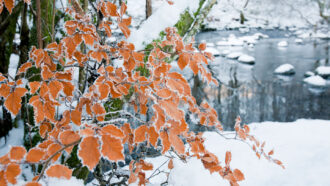 Plants
PlantsScientists Say: Marcescence
Autumn turns to winter, yet some trees' dead leaves keep hanging on.
-
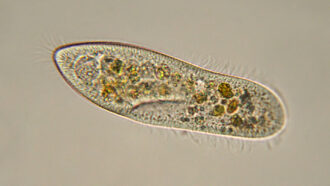 Life
LifeScientists Say: Protist
Unified by a few key traits, these diverse organisms come in all shapes and sizes.
-
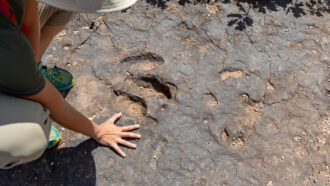 Life
LifeScientists Say: Ichnology
This field of science looks to understand life — past and present — by studying how organisms altered their surroundings.
-
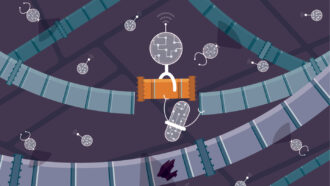 Tech
TechSynthetic biology aims to tackle disease and give cells superpowers
DNA machines and protein-mimicking nanotech could replace broken machinery in cells or even lead to made-from-scratch synthetic life.
-
 Health & Medicine
Health & MedicineScientists Say: Calorie
These little units help us measure energy transfer in chemistry, nutrition and beyond.
-
 Animals
AnimalsScientists Say: Camouflage
Plants and animals alike hide in plain sight using this sneaky strategy.
-
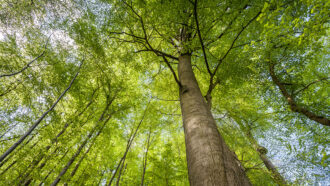 Tech
TechBits of trees can make and store energy for us to use
This cellulose and lignin, two major building blocks of trees, could lead to greener electronics.
-
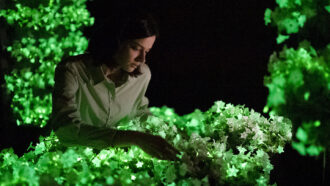 Tech
TechBionic plants and electric algae may usher in a greener future
Some can aid the climate by removing pollutants. Others would just avoid dirtying the environment in the first place.
-
 Plants
PlantsScientists Say: Fertilize
This word describes both a stage of sexual reproduction and the agricultural practice of adding nutrients to soil.
-
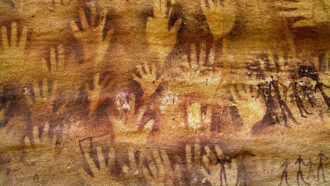 Humans
HumansScientists Say: Prehistoric
Researchers rely on prehistoric tools and other artifacts to study the vast stretches of time before recorded history.